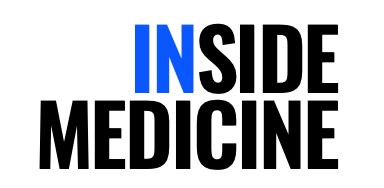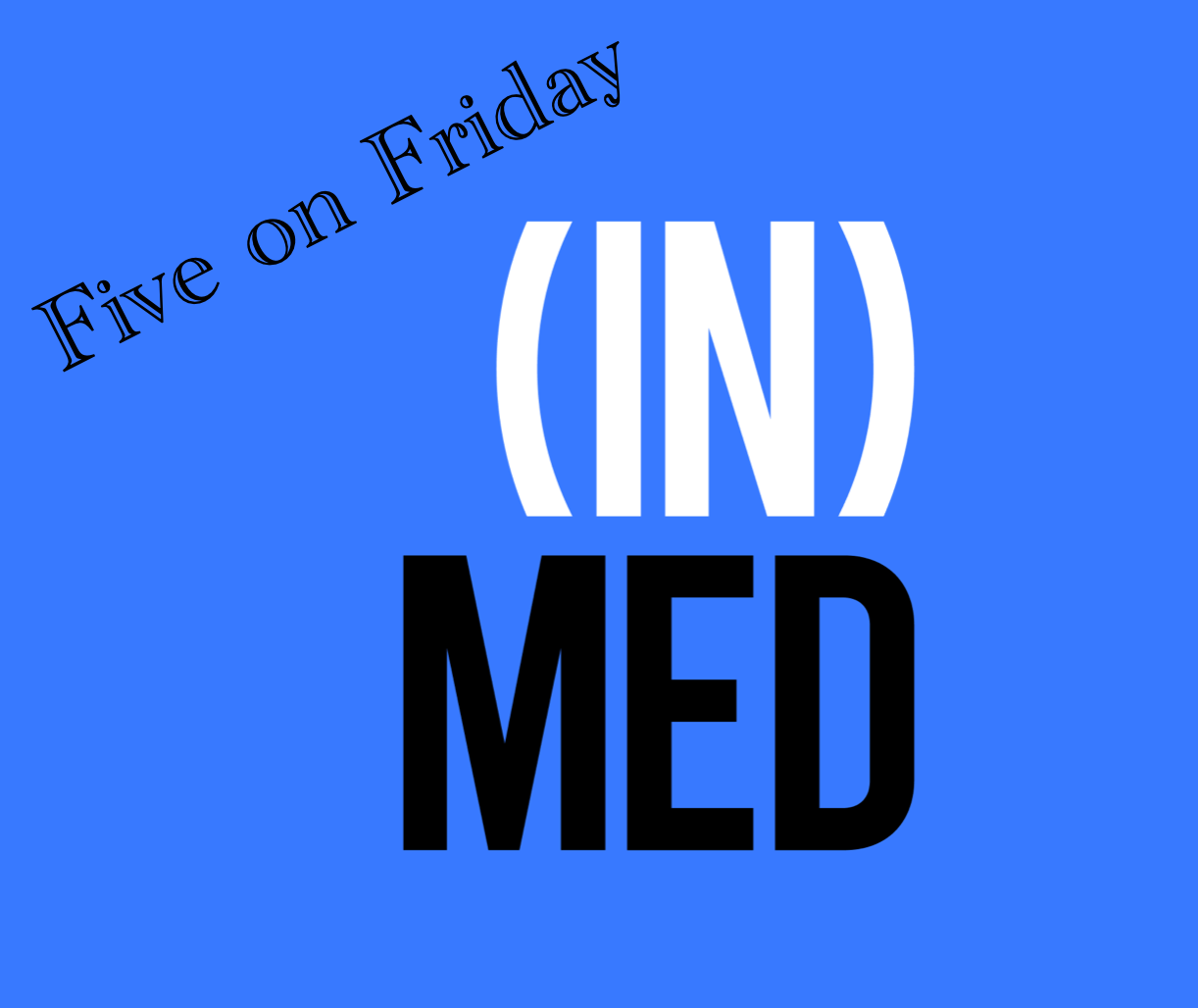Inside Medicine: Five on Friday (May 17, 2024).
This week in medicine, what I'm thinking about, etc. You know, an actual newsletter.
We are back with “Five on Friday", the feature where Inside Medicine behaves like an actual medical/health/science newsletter. Below are the top-of-mind things that I’m thinking about right now.
Also, please vote in the poll at the end!
If you value this feature—and Inside Medicine in general…
Here we go…
Item 1. Wastewater and bird flu (H5N1).
The CDC has begun reporting influenza levels found in wastewater in various places in the US. That’s good news, because the less we are flying blind the better. So far, the CDC is tracking influenza A, which is distinct from bird flu (H5N1). Meanwhile, Verily, a company that has been tracking wastewater for years, has a dashboard for a number of important pathogens. They’ve also reported the ability to detect H5N1 (bird flu). As always, the more agnostic data we have (that is, metrics that do not depend on how many tests are performed and whether or not asymptomatic testing is happening), the better. That said, wastewater data can mean different things depending on the circumstances. Some wastewater findings reflect animal infections, others human infections, and some both.
Item 2: Covid shots won’t be free to the uninsured this fall.
As we prepare for another fall Covid-19 booster campaign, Alexander Tin of CBS News reported that the CDC’s Bridge Access Program—which provides Covid-19 shots for free to people without insurance—will end in August. The program has provided millions of free shots to people who are often high risk (by virtue of their lack of health insurance). The cost effectiveness of Covid-19 boosters does depend on individual risks nowadays—but preventing severe illnesses in people who don’t have insurance (and whose costs of acute care will often be absorbed by hospitals who then pass those losses along to others, like insurers, who in turn raise premiums) is generally good policy.
Item 3. Voices: My Q&A with Federal Trade Commission Chair Lina Khan.
Earlier this month, I interviewed Federal Trade Commission Chair Lina Khan over at MedPage Today. We asked Khan for the sit-down because the FTC has increasingly focused on healthcare-related commerce. The FTC’s recent action to ban non-compete clauses in contracts has been widely applauded as a pro-worker move for healthcare professionals. But we also touched on other FTC activities, such as lawsuits against companies filing “junk patents” (Part I). We also discussed the effect that middlemen in the drug supply chain (i.e., pharmacy benefit managers) have and how the FTC might help protect the public from the untoward effects of private equity in medicine (Part II). Lastly, I managed to end the interview with a very hard-hitting question about one of the nation’s most important college sports rivalries. (A good time was had by all.)
Item 4: National Emergency Medical Services Week.
May 19-25 marks the 50th National Emergency Medical Services Week. Emergency Medical Technicians (EMTs), are far more than ambulance drivers. These frontline colleagues provide life-saving medical care. But they do much more. They also transition a lot of information to ER doctors like me. When EMTs arrive with a patient, I know that I’m going to get a concise report of what has happened so far, and, very often, a bunch of highly relevant background information. Seasoned EMTs know what information I need—which can include subtle details—and convey it quickly and efficiently. These colleagues also deserve our respect for truly putting themselves in harm’s war, whether it’s driving on dangerous streets with lights and sirens (which many people do not realize is dangerous to EMTs themselves), or engaging with patients who pose physical threats to those around them in uncontrolled environments. It’s not an easy job and these folks have my enduring respect!
Item 5. Poll of the Week.
Here are the results from last week’s poll. I voted “somewhat.” While the animal outbreak is quite alarming, so far we haven’t seen human-to-human transmission. If that happens, I’ll upgrade to “a lot.”
Item 5a. Poll of the Week for this week!
Having a primary care doctor (or clinician) is not the same as having easy access. So, I’m interested in your ability to see the person who provides your primary care. Let’s assume this is for a new issue (i.e., not for a routine annual appointment)…
Thanks for chiming in.
That’s it. Your “Friday Five!”
Feedback! Do you like the “Five on Friday” format? Have any ideas for next week’s Poll of the Week? Any great articles you read elsewhere that you want to share with the Inside Medicine community? Other musings or thoughts?
Please contribute to the Comments!









Does “easy access” include ability to contact PCP via patient gateway?
When using wastewater sampling as a metric for tracking H5N1 in birds or cattle, keep in mind that this sampling takes place at municipal water treatment plants handling sewer effluent.
Commercial poultry and dairy farms are typically in rural to suburban areas where wells and septic systems are the norm for water and wastewater, not sanitary sewers and wastewater treatment facilities.